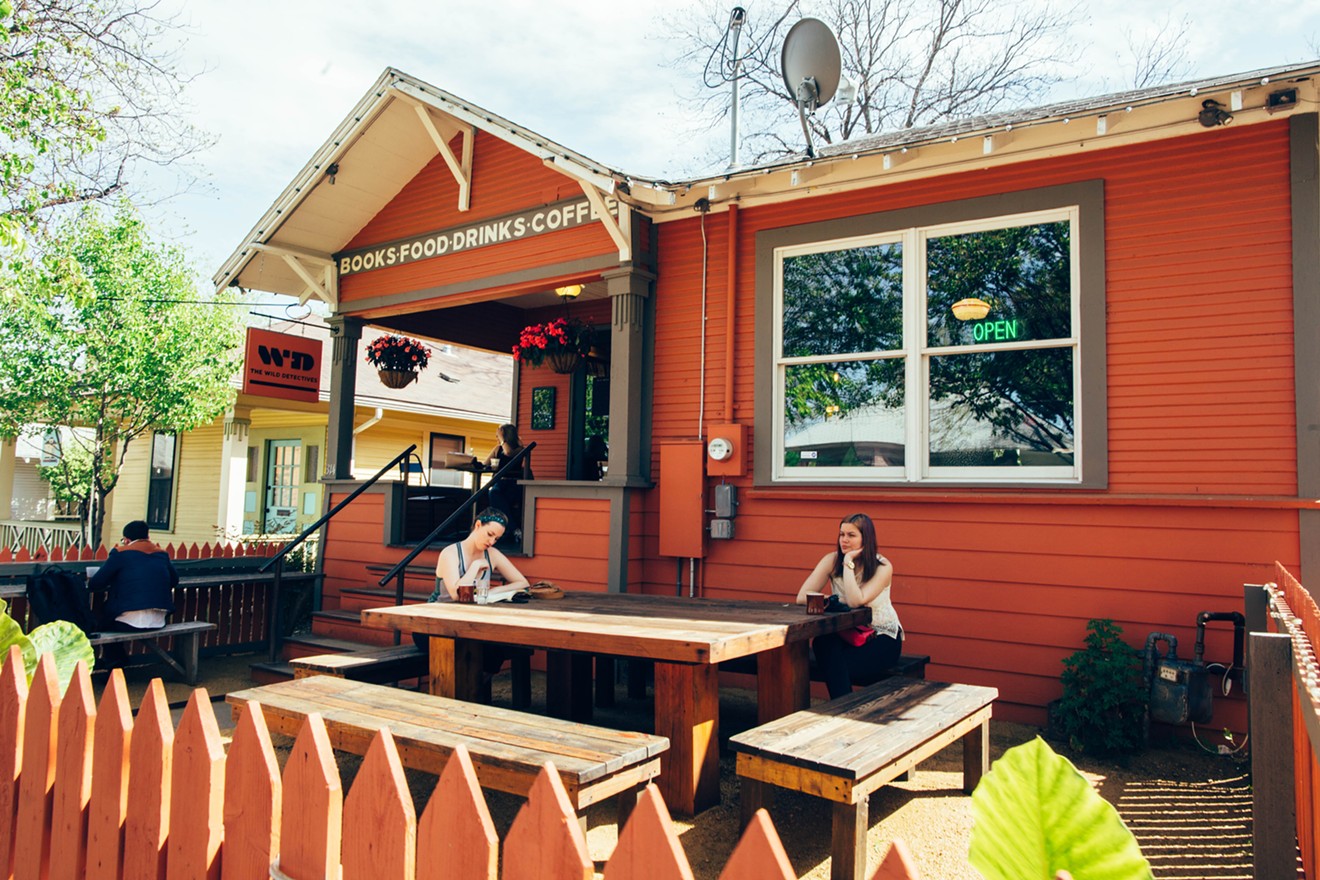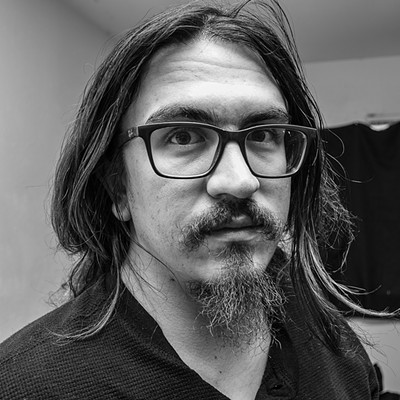one of many such gatherings in the last few months that are part of the city's 2018 Cultural Plan, which will determine which cultural groups and institutions receive city money.
More than 60 writers, poets, publishers and book fans packed into the homey bookstore and were split into smaller groups. The Office of Cultural Affairs, in conjunction with Lord Cultural Resources and buildingcommunityWORKSHOP, asked the groups three questions: What is good, or not good, about working in Dallas? What is missing from the local literary arts scene? What are you willing to do to make those changes happen?
The groups reconvened, and one representative from each gave an overview of the discussions they'd had.
“Making space in the larger arts community for literature to be considered an art, that is a challenge and barrier,” Joe Milazzo, a local author, said during the discussion. “The other artistic disciplines often do not look at literary expression as an art form, and that is a cultural change that needs to happen. So it would be nice to see more promotion of interdisciplinary programming.”"Literature has never been part of the arts community in this town. It exists in its own world completely. I'm amazed that they facilitated this discussion tonight to include literature." — Will Evans, founder of Deep Vellum Publishing
tweet this
Creating lasting institutions dedicated to the literary arts was one of many issues discussed by members of Dallas’ burgeoning literary arts scene. Other suggestions made during the discussion had to do with building inroads with both businesses and fellow art communities as a way of legitimizing language as an art form.
“Until the bookstores started opening up here, the independent bookstores … there was never a place [for writers] to see each other. The libraries are underutilized for literary arts. They’re great spaces, but they’ve become something else,” Will Evans, founder of Deep Vellum Publishing, said. “Literature has never been part of the arts community in this town. It exists in its own world completely. I’m amazed that they facilitated this discussion tonight to include literature.”
Except for bookstores like Wild Detectives, the scene, which comprises smaller writers’ groups and poetry nights, lacks a central thoroughfare for writers and readers to connect. Adding more venues, extending language arts funding beyond education and increasing state funding for smaller arts organization were all brought up during the discussion. But while changes like these would likely breathe life into literary arts, there’s no telling how much impact Wednesday’s discussion will have on 2018’s ultimate Cultural Plan.
The city will build its plan out of information gathered at the meetings. Elizabeth MacWillie, associate director of buildingcommunityWORKSHOP, said the meetings will continue into March. A series of webinars is scheduled for the end of January. After the information gained from the gatherings is processed, the Office of Cultural Affairs will draft the final plan, which will eventually make its way to city lawmakers.
“The plan is a guiding document, and the people that drive that guiding document are your elected officials, so vote,” Fisher advised. “Talk to them and go to their offices, tell them how important this or any of the things we’ve talked about are.”
Until then, there is still a lot to be excited about for Dallas’ literary arts scene. Time will tell if the city’s plan will benefit local writers and publishers, but as most of the panel’s participants can attest, there’s a strong literary community in Dallas.
“There’s a lot of creative freedom here, partly because there is not a lot of notice given to what people are doing with language, but hey, why not lean into that and celebrate the fact that we have a rather supportive community and that it is not terribly competitive in many ways?” Milazzo says.












